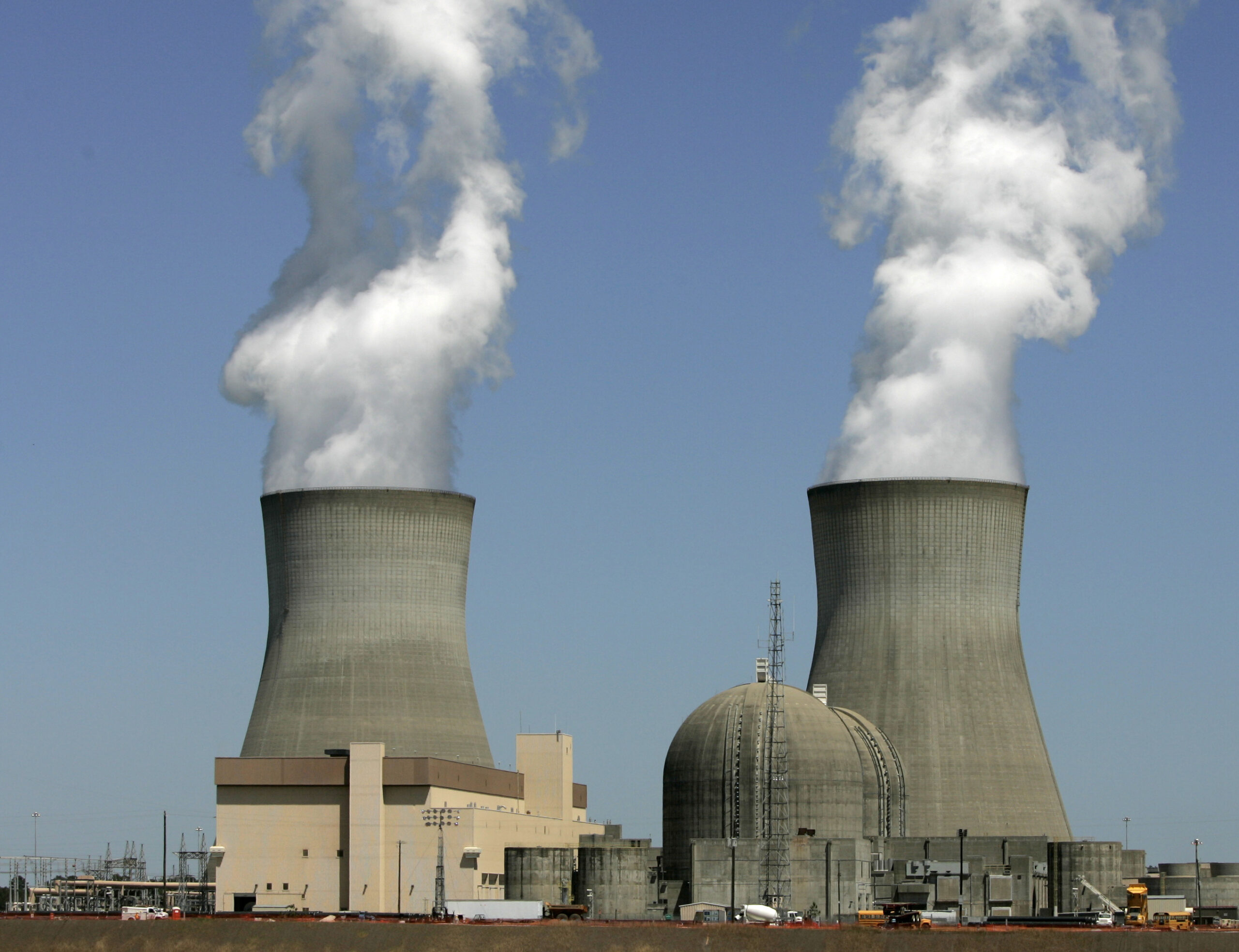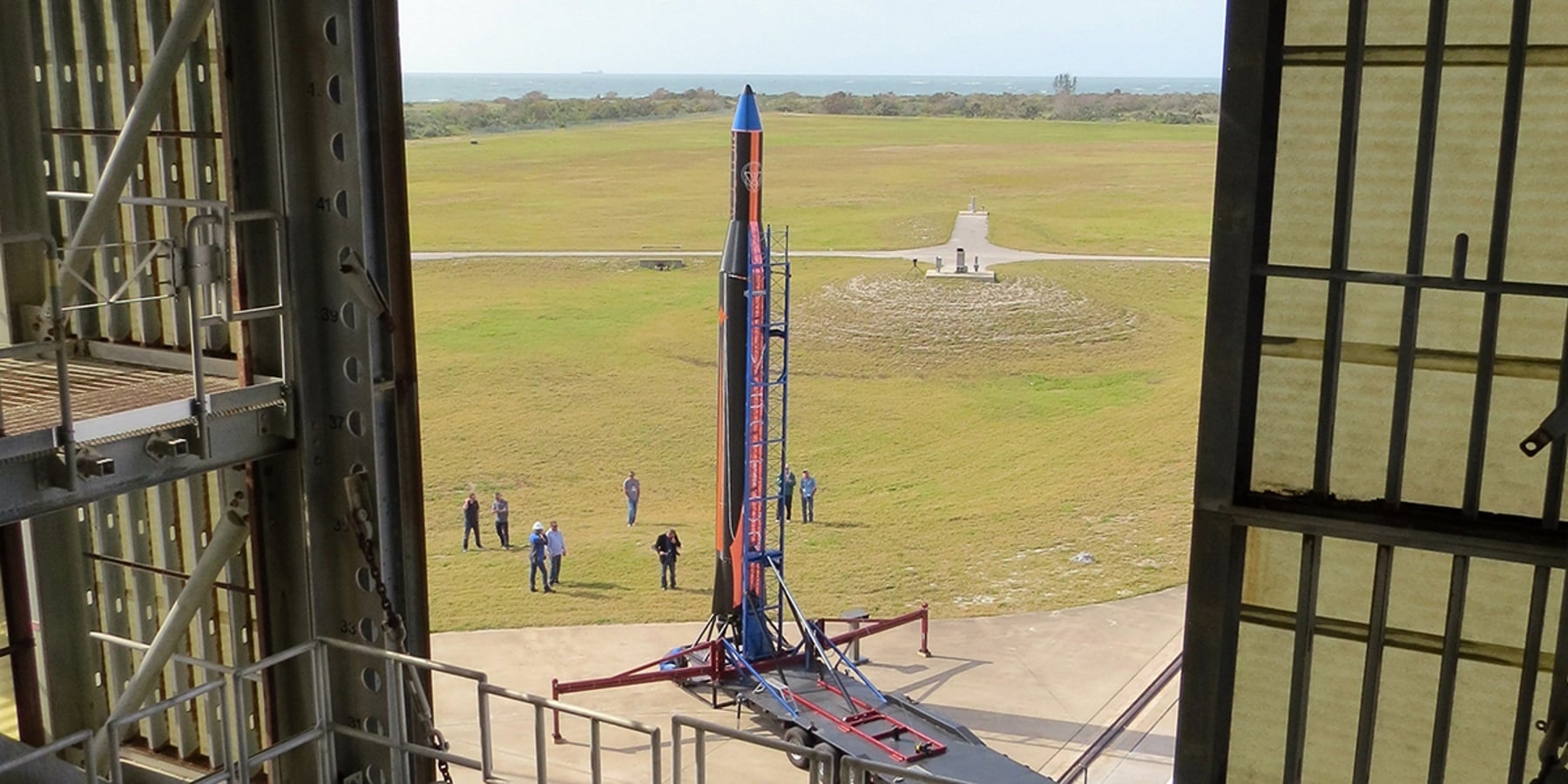Lawmakers Want Extension On Tax Credits For Troubled Nuclear Project

In this April 28, 2010 file photo, steam rises from the cooling towers of nuclear reactors at Plant Vogtle, in Waynesboro, Ga. Members of Georgia’s congressional delegation want a new tax plan to include a measure that would lift the 2020 expiration date on a tax credit for new nuclear energy production.
Mary Ann Chastain / Associated Press
As House Republicans work on overhauling the U.S. tax system, Georgia’s representatives are asking for an extension on tax credits for the Vogtle nuclear plant expansion project.
All but two members of the state’s House delegation sent a letter to the head of the House Ways and Means Committee last week.
They want the tax plan to include a measure that would lift the 2020 expiration date on a tax credit for new nuclear energy production. Two reactors at Vogtle now under construction won’t be up and running until after that deadline.
“Beyond simply benefiting Georgia, this credit is integral to protecting our nation’s energy security and independence, ushering in an American nuclear renaissance,” the letter reads.
The U.S. Department of Energy has already approved more than $11 billion in loan backing for Vogtle.
The tax credits could add as much as $6 billion in federal subsidies, according to the Nuclear Energy Institute, an industry lobbying group.
Sara Barczak is with the Southern Alliance for Clean Energy, which opposes the plan.
“Obviously the members that signed on this letter have decided that bailing out the Vogtle project at the expense of taxpayers is worth it,” she said.
The Vogtle expansion is years behind schedule and billions of dollars over budget. It’s also the only active nuclear energy project in the country.
The fate of the two new reactors has been unclear since the earlier this year, when Westinghouse — the main contractor on the project — filed for bankruptcy.
Toshiba, the parent firm of Westinghouse beset by its own financial troubles, has had to guarantee payments to Georgia Power and its partners working on the project.
Liz Coyle runs the consumer advocacy group Georgia Watch.
“My issue is not with the idea of tax credits to incentivize technology. My problem is that this particular project has shown itself to be too risky and too costly for the people of Georgia,” she said.
For the past six years, Georgia Power ratepayers have paid monthly fees that go toward Vogtle. Coyle worries removal of the tax credit deadline could put Georgians on the hook for even more of the project’s cost.
It’s a topic that could come up at hearings held by the state’s Public Service Commission next week. That’s when they’ll begin the months-long process of determining whether or not to continue with the troubled nuclear plant expansion project.








